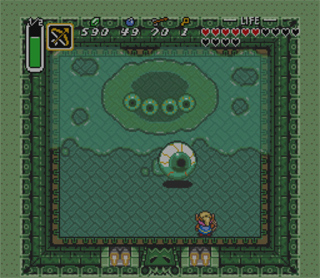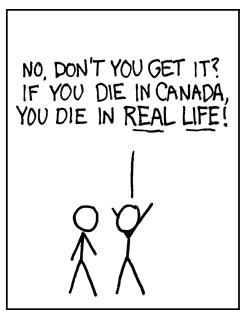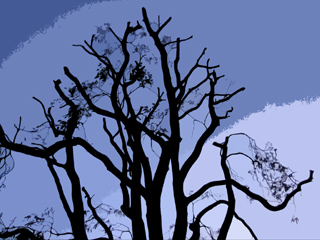First Ignatieff said it, and now Stephen Harper has: ‘Quebec is a nation.’
The claim is a tricky one, for a number of reasons. ‘Quebec’ is a federal component of Canada: a province granted particular jurisdictions and roles under Canadian law. Like some other parts of the country, it includes a minority population with unique linguistic, educational, and other concerns. While I am perfectly willing to accept that French Canadians may constitute a “large aggregate of communities and individuals united by factors such as common descent, language, culture, history, or occupation of the same territory, so as to form a distinct people,” to take the definition from the OED, it is clear that Quebec is not synonymous with French Canadians.
The French Canadian nation does not occupy Quebec to the exclusion of other groups. There are Anglophone Canadians, recent immigrants, members of the First Nations, and others. Some, like the Cree, have considerable historical precedence over the settlers of New France; other have arrived recently enough to be subject to the special language laws the province has enacted in recent decades. Just as French Canadians must be given appropriate treatment within the wider federation of Canada, so too do other minority groups within Quebec deserve to be treated with fairness and due consideration under the law. Empowering the government of Quebec with special rights to represent the French Canadian nation must not diminish its obligation to honour the rights of other groups within the province.
The French Canadian nation (if it makes sense to treat it monolithically), is also not confined within the borders of the province of Quebec. New Brunswick is officially bilingual, and there are French speakers and people of French descent throughout the entire country. As such, dealing with Quebec and dealing with the full ramifications of that minority issue are not one and the same.
It will be interesting to see what, if any, concrete policy developments will arise as the result of these declarations. I do not think that recognizing French Canada as a nation, in the sense quoted above, is a threat to the integrity of Canada any more than recognizing the rights of First Nations peoples has been. Being able to accommodate different groups with competing claims is, after all, the root purpose of federalism. Given demographic shifts in Quebec, it makes less and less sense to conflate the issue of French Canadian identity with that geographic zone. Hopefully, the declarations from Ignatieff and Harper have just been pragmatic recognitions of the above.





